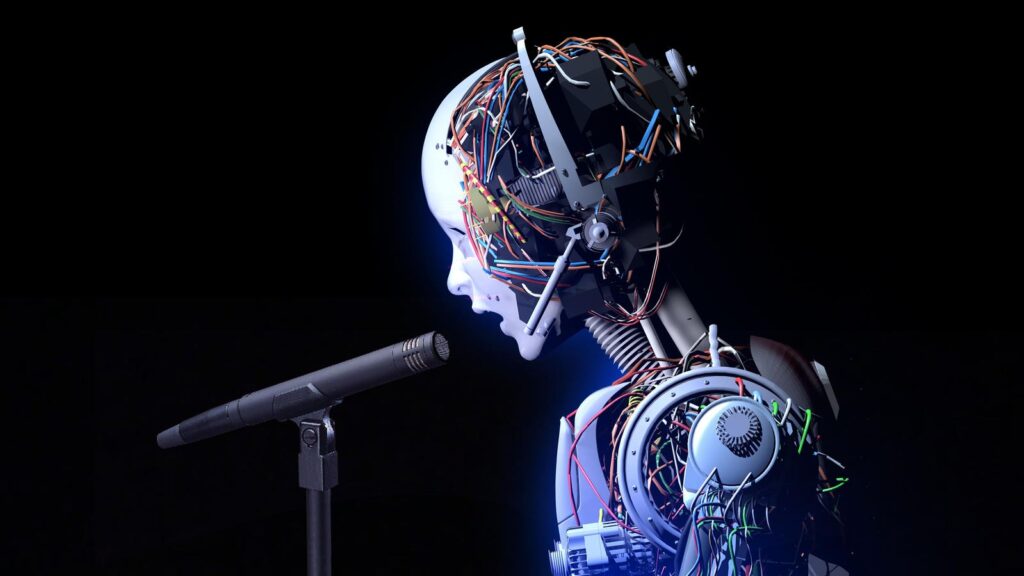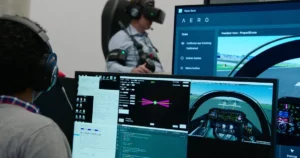
The Surprising Ways AI Is Changing Media And Entertainment
Artificial intelligence (AI) has been transforming various industries at an unprecedented pace. This transformative impact is not limited to just one or two areas; rather, it’s spreading far and wide across different sectors, including media and entertainment. In this era of digital transformation, the integration of AI in these fields has brought about a seismic shift in the way content is created, consumed, and interacted with.
AI-powered tools are revolutionizing the content creation process by automating tasks that were previously labor-intensive. These intelligent systems can generate compelling storylines or draft movie scripts, freeing up professionals to focus on higher-level creative decisions. This paradigm shift has empowered amateur creators to produce professional-grade visuals in record time. For instance, AI-generated music is now a reality, and the quality of this content is increasingly difficult for humans to distinguish from professionally produced pieces.
Moreover, AI’s role in personalizing audience experiences has been nothing short of remarkable. Platforms like Netflix and Spotify leverage AI to analyze a vast array of data points, including user behavior, preferences, and viewing or listening history. This data is then used to provide tailored recommendations that keep audiences engaged on their preferred platforms.
AI also plays a vital role in maintaining online safety by detecting and removing harmful content in real-time. The ability of AI systems to identify and swiftly remove inappropriate material has alleviated the need for an overwhelming number of human moderators. Furthermore, AI-driven analytics enables companies to monitor and analyze audience feedback in real-time, providing invaluable insights into what resonates with viewers.
AI is not only changing how we consume media but also influencing decision-making processes within entertainment companies. For instance, AI-powered systems are analyzing user data to deliver hyper-targeted ads that are more relevant to audiences. This approach has led to higher engagement rates and better ROI for advertisers.
Moreover, AI’s predictive capabilities enable entertainment executives to make smarter decisions about which projects should be pursued. By analyzing vast amounts of historical data and market trends, AI can forecast the potential success of movies, TV shows, or other content before it even enters production. This power reduces financial risks and ensures resources are allocated towards projects with the highest chance of success.
As AI becomes increasingly integrated into the media and entertainment space, we can expect to see tangible benefits across the entire process – from concept development to final output. Whether assisting in brainstorming ideas for the next hit series or analyzing audience preferences, AI is redefining the future of media creation and consumption.
In conclusion, AI has brought forth an era where personalized experiences have become a norm, and content creation has taken on a new dimension altogether. Its role in transforming decision-making processes within entertainment companies has been nothing short of revolutionary. As we continue to explore the limitless potential of AI in these sectors, one thing is certain – its transformative impact will only continue to grow and shape the landscape of media and entertainment as we move forward.
Source: www.forbes.com


